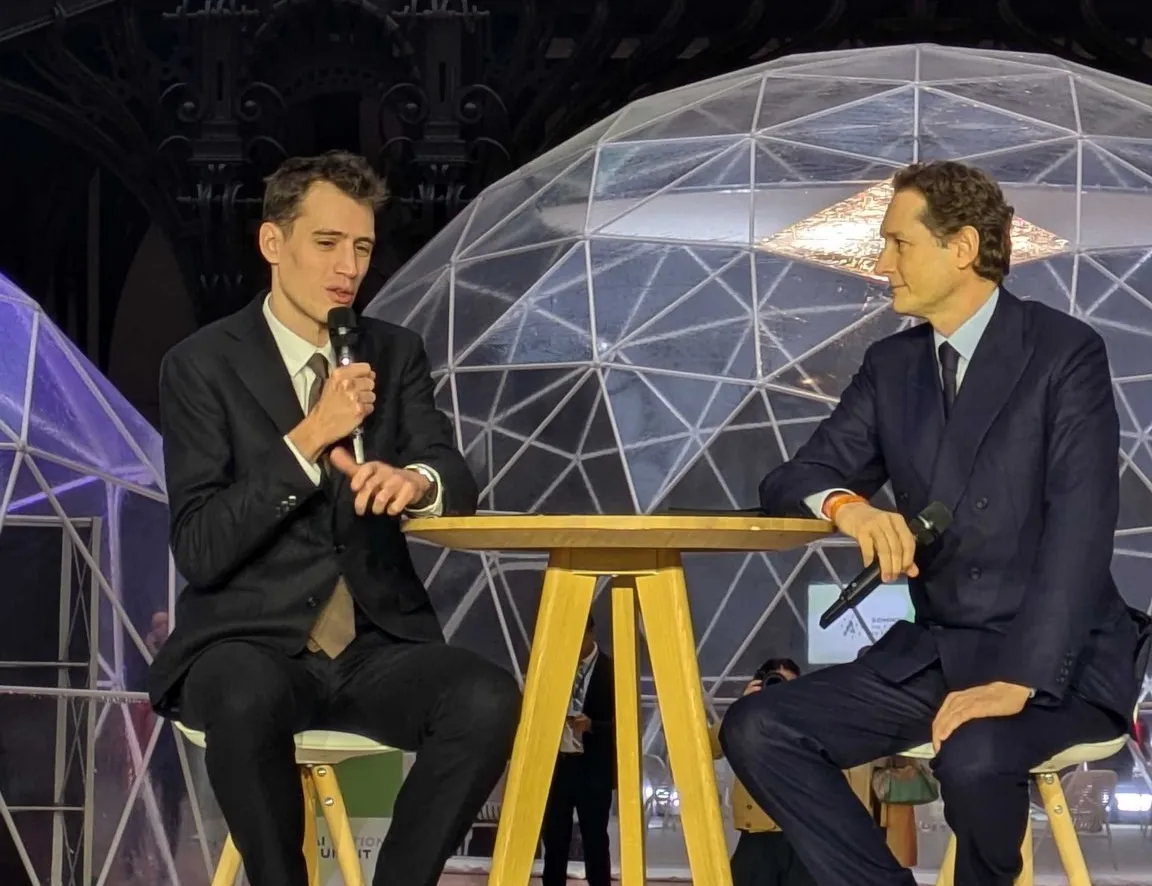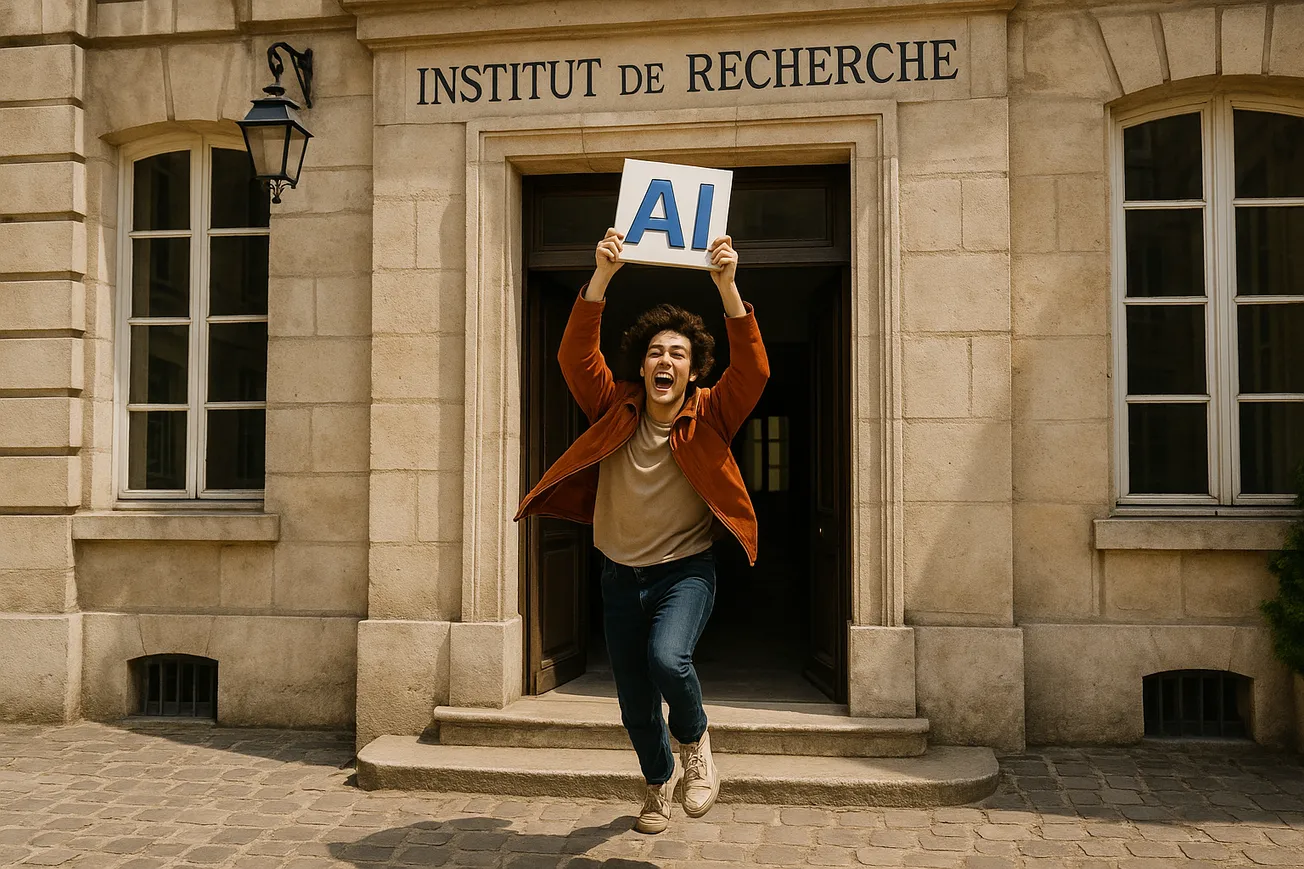From Code to Commerce: Mistral AI Shows It Means Business at Paris Summit
CEO Arthur Mensch: "Our goal is to be a global market leader." France's Great LLM Hope announced a flood of business deals in the face of mounting skepticism that it can compete against rivals such as OpenAI and DeepSeek.

Latest

French Tech Funding Wire November 17: XAnge bags €200M, Beside, U-Space, Sunday & More!
XAnge announced €200M towards its 5th fund. Between Nov 10 and Nov 14 a total of 13 French Tech companies raised €72.35 million, including: Filiz, Dialog, OWLO, K-Words, Paage, Zaiffer, KLODIOS, Karbikes, fluiidd, and Mariloo.

🇫🇷 French Tech Wire: Galactic Sheriff Macron Wants SpaceTech Founders To Saddle Up
President Macron calls space a new battlefield and courts defense and space startups with €4.3B; Doctolib’s antitrust fine sparks debate on dominance; Sylvie N’hansana’s rise reshapes telehealth; WebSummit buzz meets downpour.

'Space Is Now a Battlefield': Macron Unveils €4.3B Defense Plan And Appeals To Startups
Macron warns that space is no longer a sanctuary, announcing major new space defense investments and says he wants 'New Space' French startups to help counter rising orbital threats from Russia and other hostile powers.

From Laos to Leading Europe’s Biggest Teleconsultation Platform: The Unstoppable Rise of Sylvie Nhansana
In a world where women still raise just 2% of VC funding, Sylvie Nhansana defies every statistic: engineer, black belt, and CEO of Qare and HealthHero France. She's now building what could become the world’s first truly global teleconsultation platform.




